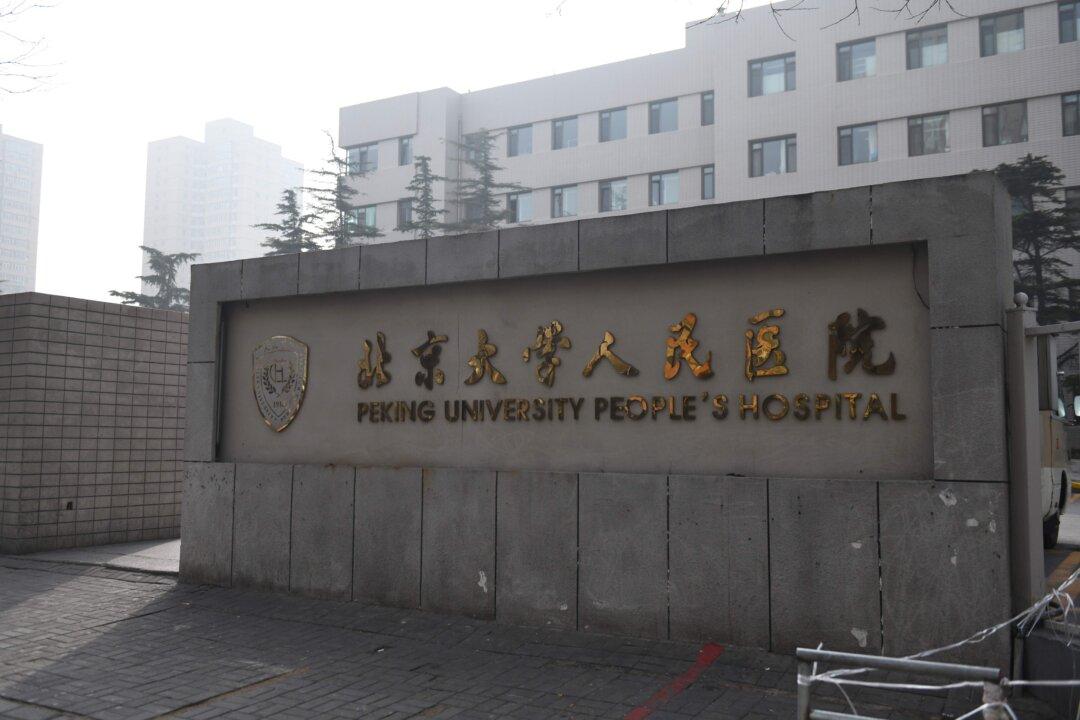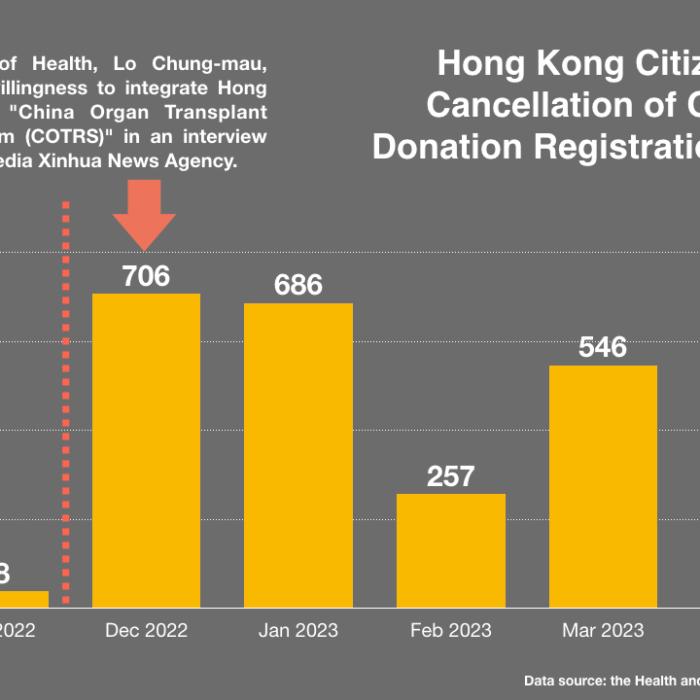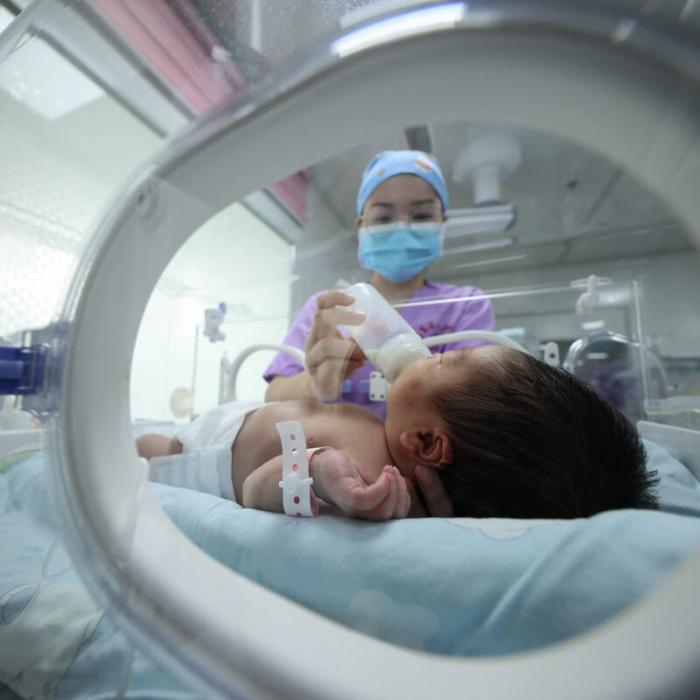An ongoing anti-corruption campaign targeting China’s medical sector has seen a number of hospitals investigated and many scandals exposed. In a most recent case, a patient’s son exposed online that two surgeons charged a “liver source fee” for his father’s liver transplant, but refused to provide a receipt.
In July, the country’s anti-corruption watchdog announced a year-long nationwide crackdown to combat corruption within the health care industry. As of Aug. 10, investigations have been initiated against over 168 hospital chiefs, more than doubling the total count in 2022.
The Third Xiangya Hospital of Central South University, located in Changsha of Hunan Province, is one of the focal points of the anti-graft campaign this time.
A patient’s son, Mr. Jiang, revealed in his social media post on Aug. 14 that his father underwent a liver transplant at the Third Xiangya Hospital in 2018 due to viral hepatitis. In addition to the cost of the transplant surgery, the surgeons demanded 100,000 yuan (about $14,000) in cash for a “liver source fee,” claiming that the money would be given to the donor through the Red Cross.
As his father’s condition was urgent, Mr. Jiang immediately raised the money and gave the 100,000 yuan cash to the two surgeons. But following the surgery, his father spent several days in ICU and passed away.
Mr. Jiang had spent a total of nearly 300,000 yuan (about $41,000). He had requested a receipt for the so-called “liver source fee,” but was rejected. The surgeons claimed that neither they themselves nor the hospital retained the money; instead, the money was directly submitted to the Red Cross, which would disburse the money according to its own rules.
The organ recipient would not know who the donor was, and the donor or the donor’s family would not know who the recipient was, and even the surgeons don’t know who the donor was, only the Red Cross has the information, according to the two surgeons.
Over the next few years, Mr. Jiang sued the hospital for medical negligence and accused it of illegally charging for the liver supply. After losing two lawsuits, Mr. Jiang and the hospital settled out of court, with the hospital paying Mr. Jiang a lump sum of 98,000 yuan (about $13,000) in compensation.
“At that time, my family really needed money, so I agreed to the settlement,” Mr. Jiang said in his post. “However, I have never been able to figure out whether this liver source fee is illegal or not, and whether it has really been given to the donor.”
Mr. Jiang’s post captured the public’s attention and went viral on social media. In the following five days, the Third Xiangya Hospital remained the most searched phrase on China’s social media. Various parties then responded to Mr. Jiang’s post, but their statements contradicted one another.
Hunan Provincial Red Cross staff told Chinese media Cover News that that organ recipients need to pay normal surgery fees, organ transportation, and other costs, but there is no such thing as a liver source fee. Even if a donation is made to the Red Cross, it would go to a public account, and a receipt would be issued.
“Money to be paid to the Red Cross shall not be collected by doctors or hospitals privately. If there is such a situation, one can report it to the disciplinary department of the Health Commission,” the Red Cross staff said.
Hunan Provincial Health Commission told Beijing News that according to the “Standards for Human Organ Costs in Hunan,” an adult liver transplant costs 250,000 yuan (about $34,000), and the money shall be paid to the donor’s family, which will be collected by the official organ procurement organization equipped with certificates. Whoever makes the payment must be provided a receipt.
However, staff at the Third Xiangya Hospital’s public relations department told Cover News that Mr. Jiang should not stir up trouble anymore as his case had been closed.
“The court has reached a verdict and the money was returned to him after the mediation, so I don’t know why he continues to be preoccupied with the matter,” the person said.
Wang Yue, a professor at Peking University’s School of Medical Humanities, told Cover News that it is certainly abnormal if a doctor would ask for cash and then pass it on to the donor. If a doctor collects the fee privately, he or she may be suspected of buying or selling organs, Mr. Wang said.
As such, Mr. Jiang’s payment of 100,000 yuan five years ago for the liver source fee has remained a mystery.








